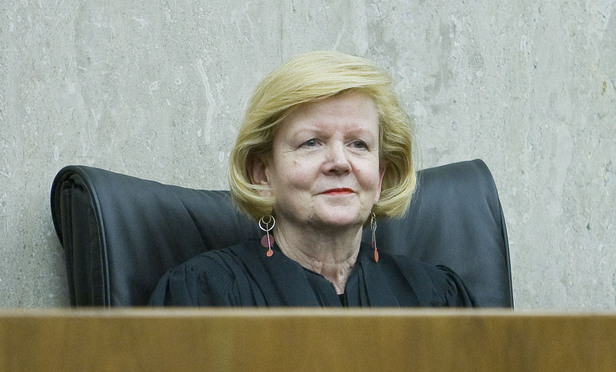In advance of its upcoming Sept. 12 meeting, staff sent a letter to all commissioners requesting they provide any documents they planned to use ahead of time, Shapiro said.
The judge said the letter was a “good first step,” but added she needed more information in order to determine whether the commission is in compliance with FACA. She ordered the government to provide two declarations: one detailing its position on which documents it believes require disclosure under FACA, and steps it will take to identify those documents. She also asked for a list, known as a “Vaughn index,” of all the documents it has related to the commission, which ones it thinks require disclosure and why or why not.
“Frankly, I need specifics,” the judge said. Shapiro said the government would “manage to work through that.”
Arnold & Porter Kaye Scholer partner John Freedman, who represented the Lawyers’ Committee, said a Vaughn index was “the way to go,” but added he’s concerned over whether the government will provide a complete list. Kollar-Kotelly dismissed Freedman’s concern, noting the list would include the entire “universe” of documents.
“Be happy with what you get,” Kollar-Kotelly told Freedman.
The parties will submit a joint report by the close of business Sept. 5 on the timing for the list and declarations, though Shapiro said it’s unlikely the filings will be ready before Sept. 26. She said the government is facing seven lawsuits over the commission, and expects a busy month ahead.
The Lawyers’ Committee sued the commission in the federal district court in Washington, D.C., prior to the first meeting, asking the judge to order the commission to disclose its documents to the public before the meeting took place. Kollar-Kotelly declined on the grounds that the meeting had not yet occurred and there was no evidence suggesting the government was out of compliance with the law.



